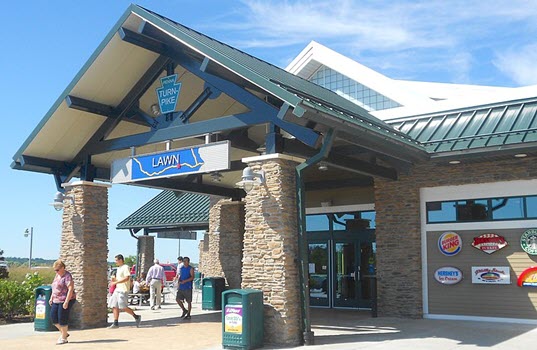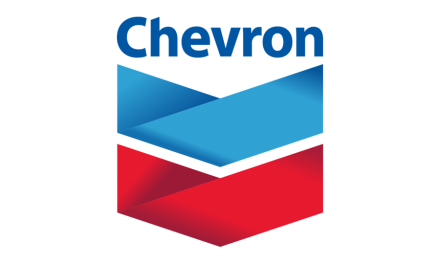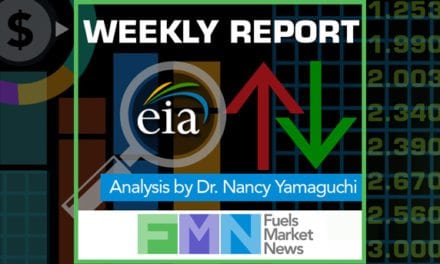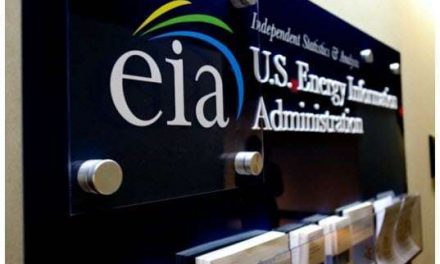NATSO, representing truckstops and travel plazas, along with SIGMA: America’s Leading Fuel Marketers, praised the Federal Highway Administration (FHWA) for issuing definitive guidance clarifying that State Departments of Transportation may not implement or permit others to implement commercial services, including EV charging stations, within the Interstate right-of-way. This clarification represents a small but important step toward enhancing the business case for off-highway investments in EV charging stations.
In the FHWA’s “Frequently Asked Questions on Electric Vehicle (EV) Charging,” the Federal Highway Administration clarified that EV charging stations fall squarely within the prohibition on commercial activities at Interstate rest areas. This prohibition has been in place since the advent of the Interstate Highway System and is responsible for thousands of prosperous off-highway businesses and communities.
Fuel retailers and off-highway businesses are eager to invest in EV charging stations. This clarification is a necessary step toward unlocking more private sector investment. The retail fuel industry wants to continue working with U.S. DOT on other issues within this guidance document, as well as the Biden Administration’s broader effort to enhance private sector investment in EV charging stations.
“This guidance makes it abundantly clear that states may not, under any circumstances, implement services within the Interstate right-of-way except for those Interstate corridors grandfathered in under the federal statute 23 USC 111,” said Executive Vice President of Government Affairs David Fialkov, speaking on behalf of NATSO and SIGMA. “We are pleased that FHWA has firmly resolved any and all questions among its own constituents regarding the implementation of the federal statute that prohibits the sale of commercial services at rest areas or on the Interstate right-of-way,” Fialkov said.
“We applaud FHWA for ensuring that states have firm clarification on what is and isn’t permissible under federal law and hope this puts to bed any lingering questions about their ability to implement or permit others to implement services, including electric vehicle charging, within Interstate rest areas or otherwise in the Interstate right-of-way,” Fialkov said. “Federal law is clear. But when states continuously question what is permissible under federal law, it negatively translates into less private sector investment. Ensuring that states clearly understand the federal statute will allow the private sector to more readily invest at the Interstate exit interchanges without the threat of unfair competition from the states.”









